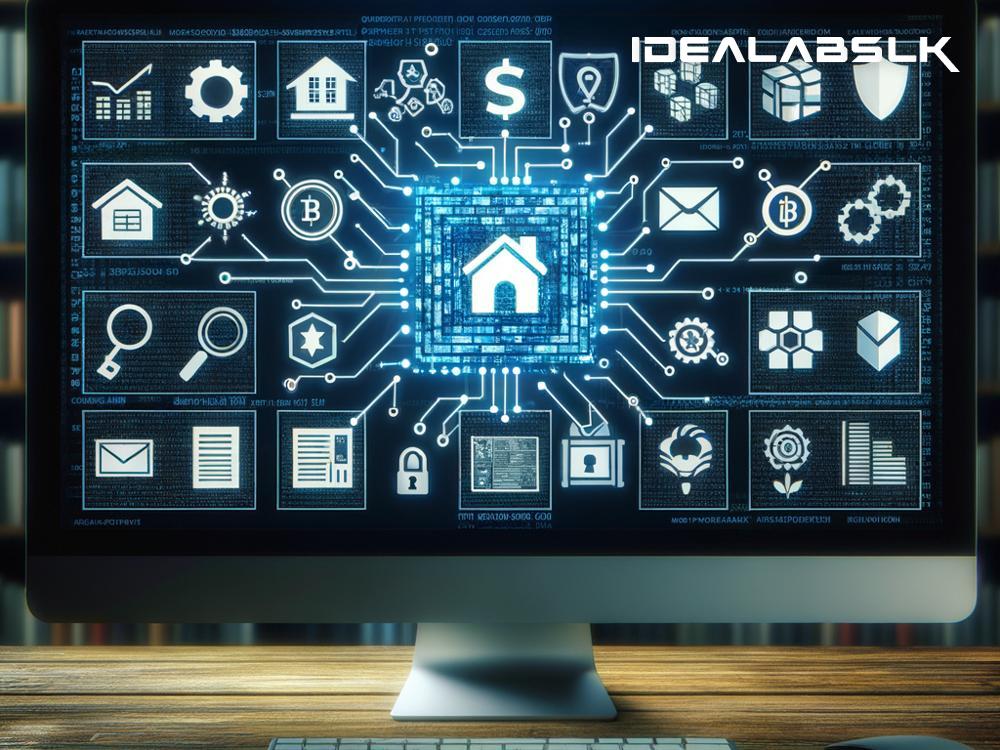How Blockchain is Changing the Game in Real Estate: Cutting Down Fraud and Boosting Trust
The real estate world is buzzing with a new keyword: Blockchain. You've probably heard about blockchain in the context of Bitcoin or other cryptocurrencies, but did you know that this technology is now paving the way for a revolution in the property market? In its essence, blockchain promises to diminish fraud significantly and increase trust in property transactions – something much needed in the industry. So, how does it manage that? Let’s dive in and understand this in a simple and clear manner.
Understanding Blockchain: The Basics
Before we jump into its impact on real estate, let's break down what blockchain actually is. Imagine a digital ledger that is shared among various users. This ledger records transactions in a secure, transparent, and tamper-proof manner. Each record on this digital ledger is linked to the previous and next records like a chain, hence the name “blockchain.”
This technology’s power lies in its decentralized nature - instead of being stored in one central point (making it susceptible to hacking and fraud), the ledger is spread across several computers. This makes it nearly impossible for anyone to manipulate the data, providing a level of security and trust we've rarely seen in digital transactions before.
Blockchain and Real Estate: A Match Made in Heaven
Now, onto the real estate industry, which has been plagued by inefficiencies, opacity, and fraud for decades. From forging documents to scamming unsuspecting buyers, the traditional ways of buying and selling property have their pitfalls. Enter blockchain, with its promise of transparency, security, and efficiency.
1. Reducing Fraud
Blockchain's most significant advantage is its ability to make property transactions practically fraud-proof. Since each transaction is recorded in a way that cannot be altered or deleted, it's incredibly tough for anyone to forge documents or claim ownership fraudulently. Every change is tracked and can be audited, which could drastically reduce the fraudulent sale of properties.
2. Escrow Services Reimagined
Typically, buying real estate involves third parties like banks or lawyers to hold funds in escrow, ensuring money exchanges hands correctly after all conditions are met. With blockchain, smart contracts automate this process. These digital contracts execute transactions automatically once agreed conditions are fulfilled, minimizing human error and the need for mediaries.
3. Clear Property Titles
One of the most exciting aspects is the potential for clear property titles. In many places, proving ownership can be a convoluted process due to poorly maintained records. With blockchain, property histories, including ownership, zoning, and even disputes, can be securely recorded, creating a transparent trail that’s easily accessible and undisputable.
4. Faster Transactions
Real estate transactions are notoriously lengthy, often taking months to close due to paperwork and verification processes. Blockchain can streamline these processes, reducing the time it takes to close deals. Since all data is verified and stored securely, much of the manual verification process is eliminated, speeding things up significantly.
5. Increasing Trust
Lastly, the transparency and security blockchain provides naturally lead to increased trust among all parties involved in real estate transactions. Buyers and sellers can have peace of mind knowing that the information they're accessing is accurate and tamper-proof. This level of trust could transform real estate, making dealings smoother and more straightforward.
The Road Ahead
While the integration of blockchain in real estate is still in its nascent stages, its potential is undeniable. Countries and companies around the world are beginning to experiment with blockchain for property transactions, and early results are promising. However, widespread adoption will require overcoming regulatory hurdles, technological challenges, and the inertia of traditional systems.
The journey of blockchain in real estate is just beginning, but it's clear that this technology holds the key to solving some of the industry's oldest problems. By significantly reducing fraud and increasing trust, blockchain could very well be the catalyst for a real estate revolution. As we move forward, it’s an area worth watching closely for anyone interested in the future of buying and selling property.

